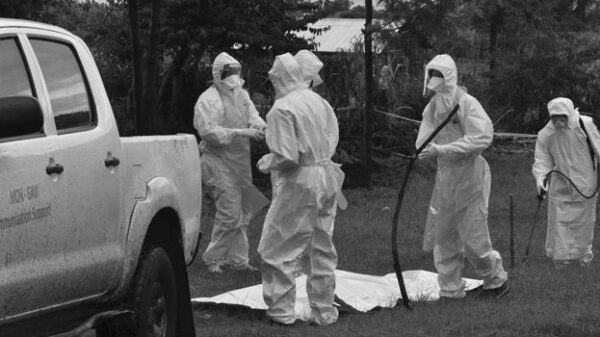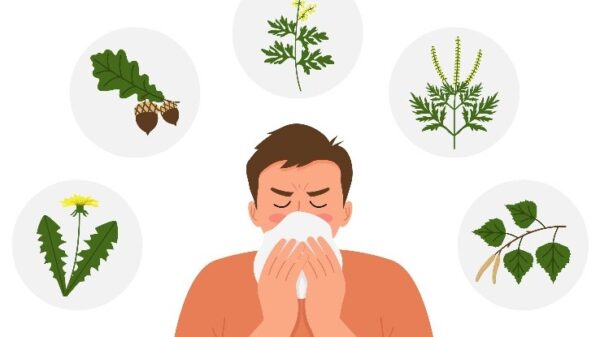NAIROBI, Kenya, Jan 28 – Despite national policies and drives to screen, diagnose and treat Cancer of the Cervix, the uptake of screening of the disease remains dismally low at less than 20pc and the burden of the disease too high.
In 2018, statistics show that 569,847 women were diagnosed with cervical cancer globally, 5,252 of them in Kenya.
The following year, 3,286 women died from cervical cancer translating to nine women a day, making it the leading local cause of cancer mortality.
The most significant factor for the cancer of the cervix is sexually-transmitted Human Papilloma Virus (HPV) infection. Out of the numerous types of HPV, type 16 and 18 confer the highest risk of developing cancer of the cervix and are responsible for 70pc of the condition.
The emergence of COVID-19 globally has greatly affected health seeking behaviors. This in turn has seen a decline in diagnosis turnout as well as treatment management.
“You find that the patients that could have been diagnosed earlier end up coming when their symptoms are absolutely dire. So there is tendency towards getting mostly advanced cases. The more progressed the disease then you will end up having a patient requiring palliative care or eventually losing the battle to cancer of the cervix,” said Dr. Paul Koigi, a Gynecologist/Obstetrician at the Nairobi Hospital.
According to Dr Koigi, there remain barriers and facilitators of screening in different societies, causing hindrance to effective treatment.
“Screening is one of the most important preventive measures if carried out at least once in your life. This reduces your chances of developing cancer of the cervix by 40pc. The barriers of screening range include difficulties in access which can range from social- cultural with many holding steadfast to their cultural believes in regards to modern treatment. Low socio-economic status impedes access to screening and care,” said Dr Koigi.
“Cancer of the cervix is one of the AIDS defining illnesses that significantly affect the immune system and the ability of the body to tolerate insult and the ability to survive the disease. The prognosis has ended up being a lot poorer. So when people surface later, they will receive treatment for advanced stages i.e. chemo-therapy, radiotherapy but the probability of survival is a lot less,” he said.
Early sexual debut, having multiple sexual partners, co-infection with other sexually transmitted infections, smoking and immunodeficiency enhance the risk of contracting the persistent Human Papilloma Virus (HPV), a virus that is responsible for the cancer of the cervix disease.
“By 50 years, up to 80pc of women contract genital HPV infection. Over 80 pc of these resolve within three years if the immune system is competent. Among those with persistent infection, HPV causes abnormal cell division, gradually resulting in distortion of the cervix,” he said.
This triggers the common symptoms of cervical cancer that includes abnormal vaginal bleeding – particularly after intercourse-, back/leg pain, fatigue, anorexia, weight loss and leg swelling.
More severe symptoms occur at advanced stages such as painful urination, coughing up blood, chest and bone pain.
Preventive measures remain an effective treatment of cervical cancer. This follows a successful HPV Vaccine pilot program implemented in Kitui County from 2013 to 2015, whose lessons have informed national scale up. The HPV vaccine was later rolled out in 2019, ranking Kenya the 16th country in Africa to introduce the vaccine into its routine immunization schedule.
Caroline Karimi, a nurse at the Nairobi hospital’s Anderson clinic – Vaccination department, noted that the uptake of the HPV vaccine in the country has been gradual but one taking shape.
“By offering the vaccine at this stage, it will confer protection before sexual debut. Within this initiative lies the potential to reduce the burden of cervical cancer by up to 80pc,” she said.
The HPV vaccine can be administered to girls from the age of 9-26 years.
“Given that similar declines have been observed in the burdens of other deadly diseases thanks to widespread provision of effective vaccines for them, it would be imprudent to deny Kenyans this life-saving intervention,” she said.

















































